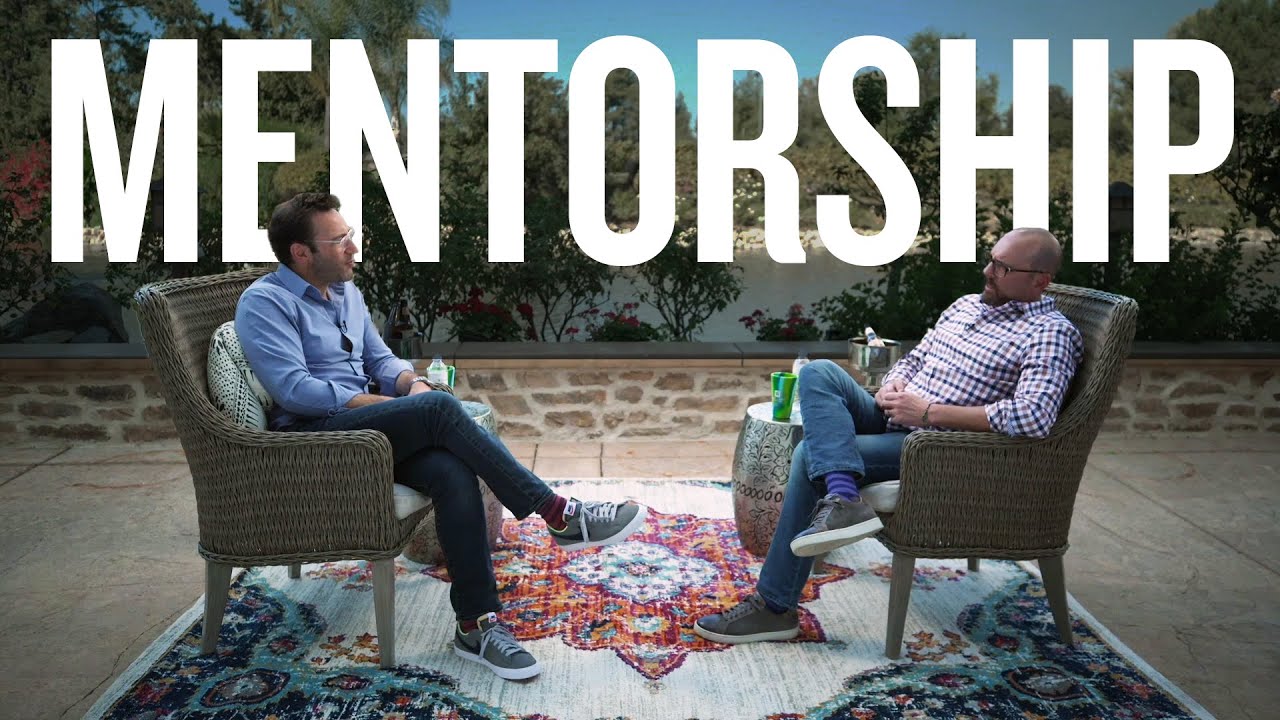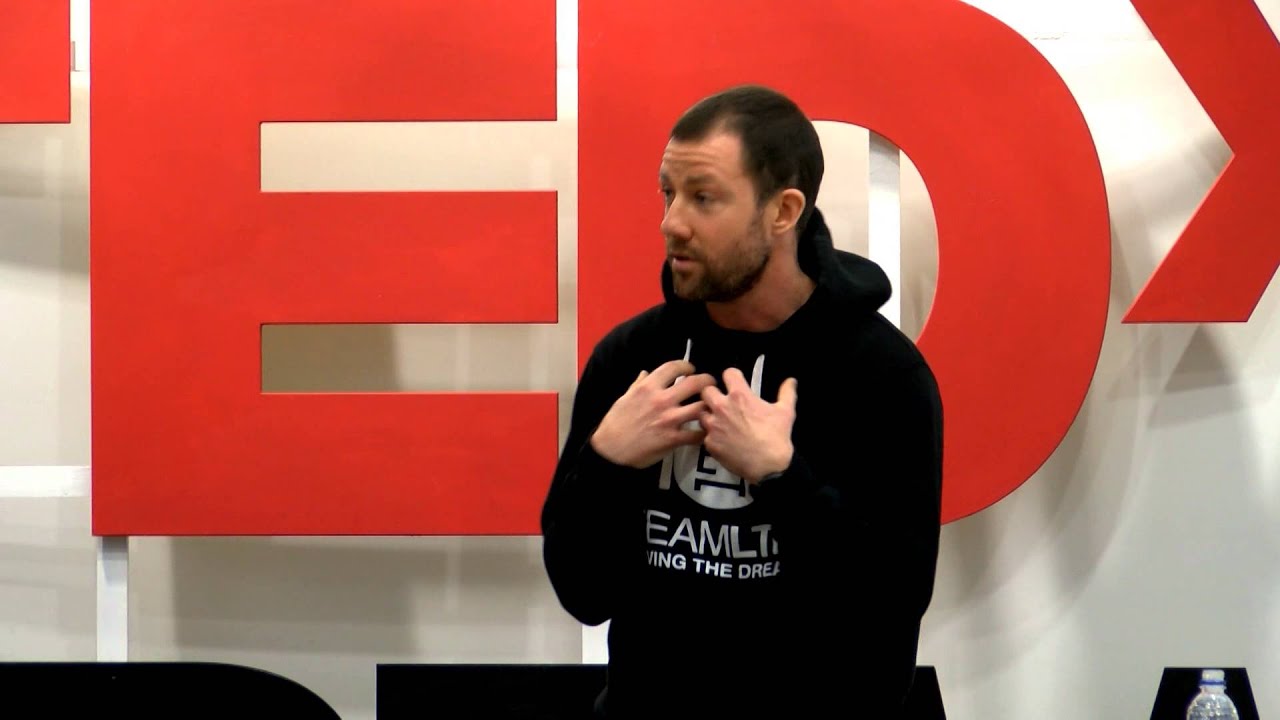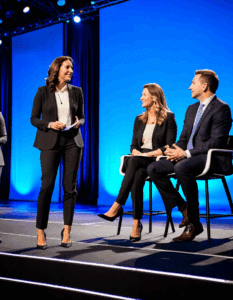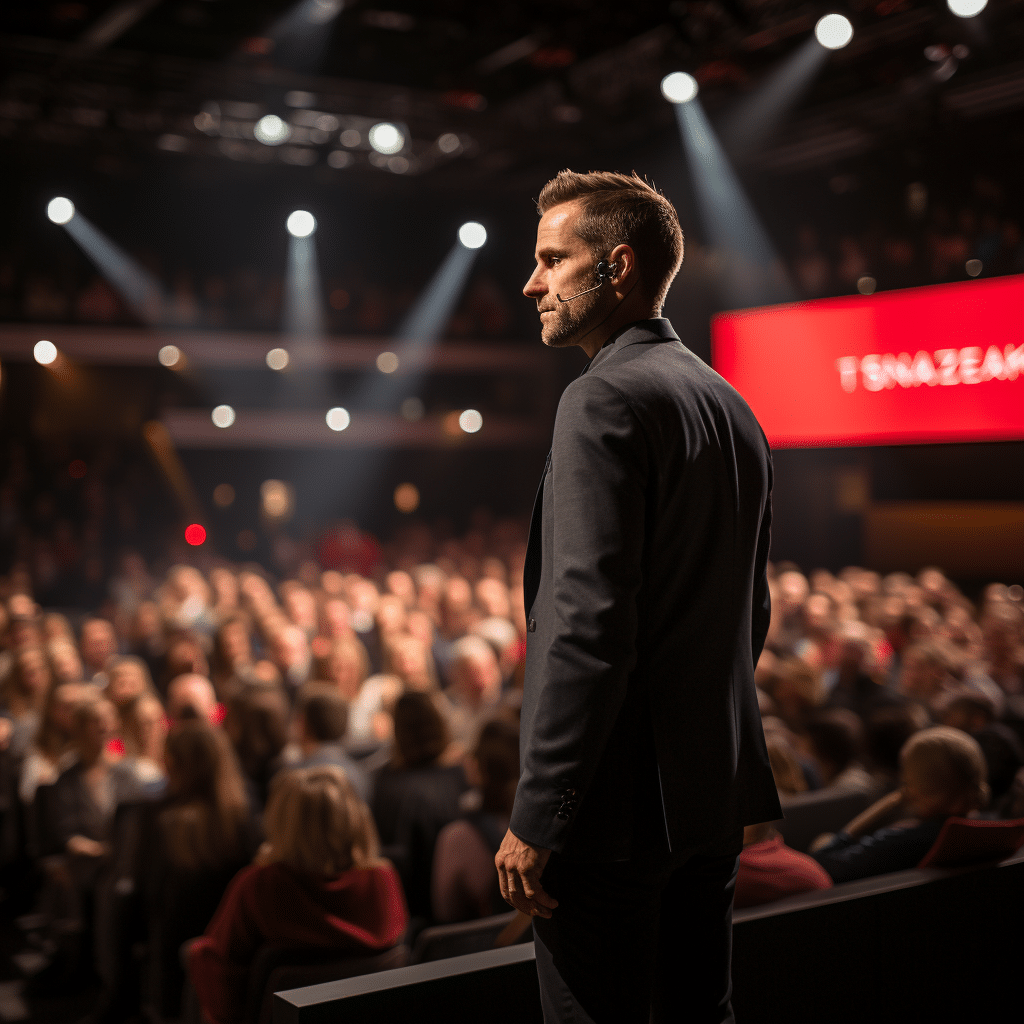Understanding High-level Speaker Mentoring
In today’s cutthroat world, high-level speaker mentoring has become an invaluable asset for those aiming to amplify their impact. This type of mentoring goes beyond mastering the basics of good communication. It blends subject matter expertise, engaging an audience, and strategically using personal authority. High-level mentoring essentially transforms speakers into influential figures who resonate deeply with their listeners.
Clarity and communication are the bedrock of successful high-level speaker mentoring. The process isn’t just about speaking correctly—it’s about weaving narratives that stick and drive action.

Case Studies: Effective High-level Speaker Mentoring
Case Study 1: Simon Sinek’s Journey with High-level Speaker Mentoring
Simon Sinek’s transformation from a marketing consultant to a globally recognized speaker and author is a testament to the power of effective mentoring. His mentor stressed the importance of clarity in his messaging, pushing Sinek to perfect his “Start With Why” framework. Through rounds of feedback and rigorous practice, Sinek honed his storytelling capabilities, resulting in TED talks that have captivated audiences worldwide.
Case Study 2: Sheryl Sandberg’s Commitment to Growth
Sheryl Sandberg, from her early days at Google to her prominent role as the COO of Facebook, has greatly benefited from high-level speaker mentorship. Her mentors emphasized staying committed to her message and audience. This advice enabled her to genuinely connect with diverse listeners, and her pioneering “Lean In” speeches exemplify the results of her detailed preparation and ongoing mentorship.

| Category | Description |
| Key Components | Clarity, Communication, Commitment |
| Our 5Cs Model | Context, Clarity, Coordination, Commitment, Capability |
| Context | Understand the specific environment and audience where the speech will be delivered. |
| Clarity | Ensure the message is clear, concise, and compelling. Tailor the content to resonate with the audience. |
| Coordination | Harmonize speech elements including visual aids, body language, and Q&A sessions. |
| Commitment | Foster a strong dedication to continuous improvement and practice of speaking skills. |
| Capability | Develop and enhance the speaker’s skill set, including public speaking, storytelling, and audience engagement techniques. |
| Communication | Teach effective communication strategies including verbal and non-verbal cues to create a more engaging presentation. |
| Benefits | – Improved confidence and effectiveness in public speaking. – Enhanced audience engagement. – Greater clarity and impact in messaging. |
| Price | Customized based on individual or team needs, generally ranging from $2,000 to $10,000 per mentorship program. |
| Commitment Duration | Typically ranges from several weeks to a few months, tailored to the specific goals and needs of the speaker or team. |
| Delivery Methods | – One-on-one sessions – Group workshops – Online coaching modules – Live feedback sessions |
| Famous Clientele | Examples include top executives, professional athletes, best-selling authors, and renowned motivational speakers. |
| Case Studies | – Executive increased keynote speaking engagement by 40%. – Author witnessed a 60% rise in book sales post-mentoring. – Team increased cohesion and overall performance efficiency. |
| Success Metrics | – Audience feedback ratings. – Speaker self-assessment. – Increased speaking opportunities. – Engagement and interaction levels during presentations. |
Components of Clarity in High-level Speaker Mentoring
Structuring Your Speech for Maximum Impact
A crucial aspect of high-level speaker mentoring is the structure of the speech. Effective mentors break down speeches into logical, coherent parts that carry impact. When Barack Obama speaks, his methodically crafted narrative guides the audience smoothly, ensuring every point lands with maximum effect. This is achieved through dedicated mentoring.
Refining the Core Message
Masterful mentors help speakers like Brené Brown distill their core messages. Brown’s insights on vulnerability touch hearts because her mentors helped her strip away the unnecessary, focusing only on the heart of her findings. This results in clear, moving speeches that resonate deeply with her audience.

Cultivating Commitment through High-level Speaker Mentoring
Building a Consistent Practice Routine
Commitment in high-level speaker mentoring means adopting a disciplined practice regimen, similar to that of elite athletes. Tony Robbins, for example, was encouraged by his mentor to maintain a routine of daily rehearsals, consistent feedback, and mental preparation. This commitment shines through in Robbins’ powerful stage presence and his ability to ignite inspiration in millions.
Mentorship and Accountability
Mentorship is a bedrock of accountability, essential for sustained commitment. Professionals like Malala Yousafzai benefit from mentors who review progress, provide constructive feedback, and offer motivation. This ongoing mentorship fosters a dedication that propels speakers to new heights of eloquence and influence.

The Impact of High-level Speaker Mentoring on Leadership
Enhancing Persuasive Abilities
High-level speaker mentoring extends beyond public speaking; it also sharpens leadership and influence. Jeff Bezos, for instance, leveraged mentoring to enhance his persuasive abilities—crucial for getting partners and investors on board with his visionary ideas. Mentors help turn complex visions into compelling stories that rally support.
Empowering Authentic Connections
A speaker’s true success lies in creating genuine connections with the audience. Mentors train speakers to develop emotional intelligence, enabling them to read the room and adjust their delivery on the fly. Oprah Winfrey’s remarkable ability to connect deeply with her audience is rooted in such mentoring, emphasizing empathy and genuine engagement.

Redefining Professional Growth through High-level Speaker Mentoring
High-level speaker mentoring dramatically shifts one’s professional journey by bolstering clarity and commitment. It’s not just about delivering speeches but about crafting experiences that inspire and transform. Speakers like Simon Sinek and Sheryl Sandberg highlight the extraordinary impact of dedicated mentoring and steadfast commitment. As our society becomes even more interconnected, the demand for powerful, clear, and committed speakers is on the rise, underlining the ongoing importance of high-level speaker mentoring.
If you aspire to achieve transformative growth in your speaking abilities, exploring avenues like high-level speaker mentoring could be your ticket to unlocking new potentials. Whether you aim to pursue branding through speaking or delve into marketing through public speaking, a professional speaking coach can guide you every step of the way.
By embracing this journey, you might just find yourself joining the ranks of influential speakers who leave an indelible mark on their audiences. Discover more about how high-level speaker mentoring can change your trajectory by visiting our insights on professional speaking coaching.
For those who prefer real-life figures over hypothetical scenarios, consider the case of Michiko Malandro. Her trajectory was altered entirely due to streamlined communication inspired by effective mentoring. And if you’re wondering about icons like Tony Robbins, understand that frequent practice and relentless commitment to the craft sharpen his ability to motivate millions, even while donning something as exuberant as a joker costume.
Ready to take the next leap in your speaking career? Explore our site on high-level speaker mentoring and plant your roots for a future rich with impactful communication and unwavering commitment.
High-level Speaker Mentoring: Clarity and Commitment
High-level speaker mentoring is not just about honing your skills; it’s about becoming the master of your own narrative. Now, let’s spice things up with some fun trivia and engaging facts about this intriguing journey.
Unpredictable Turns
Did you know how unexpected life events can impact even the best-laid plans? Take Tua Tagovailoa, for instance. His career has had its share of surprising moments, highlighting the importance of preparation and adaptability. Just like Tua’s approach to overcoming a severe injury, high-level speaker mentoring also emphasizes resilience and clarity.
Financial Forecasts and Speaker Success
Financial stability can be a cornerstone of confidence. For instance, keeping an eye on interest rate Forecasts can help ensure you’re prepared to seize opportunities for both personal and professional growth. So, in the world of high-level speaker mentoring, understanding sound financial strategies could also resonate with your journey toward success.
Where Are They Now?
Icons in any field must continually evolve. Just consider Cam Newton’s journey. Knowing where he is now after various career highs and lows brings perspective on consistently striving for excellence. High-level speaker mentoring encourages a similar commitment to ongoing improvement, adapting to industry changes, and maintaining your edge.
Embrace these trivia nuggets as you march along your journey with high-level speaker mentoring. Remember, each step you take is a stride toward unparalleled clarity and steadfast commitment.

What are the 4 levels of mentoring?
The four levels of mentoring include apprentice, which focuses on learning new skills; competence, which aims to master existing skills; proficiency, where one refines and applies skills independently; and expertise, which involves sharing knowledge and mentoring others.
What are the 3 types of mentoring?
The three types of mentoring are one-on-one mentoring, where a mentor works directly with a mentee; group mentoring, involving one mentor with multiple mentees; and peer mentoring, where individuals at similar stages of their career mentor each other.
What are the 3 C’s of effective mentoring?
The three C’s of effective mentoring are clarity, communication, and commitment. These elements ensure that both mentor and mentee understand each other, can share ideas openly, and remain dedicated to the learning process.
What are the 5 C’s mentoring model?
The 5 C’s mentoring model consists of Context, Clarity, Coordination, Commitment, and Capability. This approach ensures that the mentoring process is well-rounded, addressing both the environment in which mentoring occurs and the individual growth of the mentee.
What are the 4 C’s of mentoring?
The four C’s of mentoring are clarity, communication, consistency, and commitment. These help in creating a solid foundation for the mentoring relationship, ensuring both sides stay focused and engaged.
What are the 3 P’s of mentoring?
The three P’s of mentoring are purpose, process, and product. Purpose defines the goals, process outlines the methods to achieve them, and product represents the outcomes of the mentoring relationship.
What are the 6 C’s of mentoring?
The six C’s of mentoring encompass clarity, communication, consistency, creativity, capability, and commitment. Together, they form a comprehensive framework for effective mentoring practices.
What are the 5 stages of mentoring?
The five stages of mentoring are rapport building, setting goals, development, sustaining progress, and closure. Each stage is crucial for maintaining a productive and beneficial mentoring relationship.
What are 3 key differences between coaching and mentoring?
Three key differences between coaching and mentoring are the focus—coaching tends to be task-oriented while mentoring is relationship-oriented; duration—coaching is often short-term, whereas mentoring can be long-term; and structure—coaching tends to be more structured and formal, whereas mentoring is often informal and flexible.
What is the Oscar model for mentoring?
The Oscar model for mentoring stands for Outcome, Situation, Choices, Actions, and Review. This model helps mentors guide mentees through problem-solving and decision-making processes efficiently.
What is a good mentoring structure?
A good mentoring structure typically includes regular meetings, clear goals, check-ins on progress, and feedback sessions. This ensures that both mentor and mentee stay aligned with their objectives.
What is the best model for mentoring?
There isn’t a one-size-fits-all best model for mentoring as effectiveness can vary. However, models like the 5 C’s or the GROW model are highly regarded for their comprehensive approach and adaptability.
What are 4 forms of mentoring?
The four forms of mentoring are traditional one-on-one mentoring, reverse mentoring, group mentoring, and peer mentoring. Each form serves different purposes and caters to various learning styles and needs.
What are the 5 stages of mentoring?
The four stages of Kram mentoring are initiation, cultivation, separation, and redefinition. These phases delineate the life cycle of a mentoring relationship from its beginning to its end or transformation.
What are the 4 stages of Kram mentoring?
The four steps to mentorship are identifying a mentor or mentee, establishing expectations and goals, maintaining regular communication, and evaluating progress and outcomes. These steps help ensure a productive mentoring experience.



















